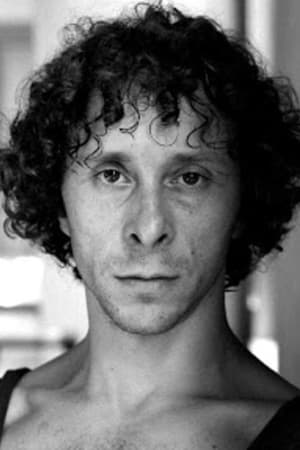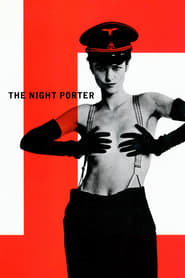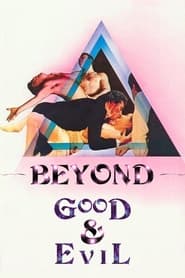
Amadeo Amodio
Amedeo Amodio (born 1940) is an Italian choreographer and former ballet dancer. Born in Milan in 1940, Amodio trained at the ballet school of the Teatro alla Scala, whose ranks he joined immediately. While there, he performed in productions by Léonide Massine (Il cappello a tre punte, Capriccio spagnolo, Fantasmi al... Grand Hotel), George Balanchine (Sinfonia in Do, I quattro temperamenti), and Petit (Le quattro stagioni, Le jeune homme et la mort, La chambre, Le loup). At the age of 22, he left the company of the Teatro alla Scala to begin his career as a choreographer and free-lancing dancer, which led him to pivotal collaborations with Hermes Pan, who chose him as lead in the Italian TV production Studio Uno, and with Aurel Milloss at the Teatro dell'Opera di Roma. He frequently returned to the Teatro alla Scala, where he performed with Carla Fracci in productions of Il gabbiano and Pelléas et Mélisande. In 1973, he was featured with Fracci in a documentary that was screened on the RAI television network in Italy. Excerpts from Prokofiev's Romeo & Juliet, Offenbach's Cancan and Tchaikovsky's Sleeping Beauty were shown. In 1975, Amodio signed his version of the Après-midi d'un phaune for the Spoleto Festival dei Due Mondi, which was then offered in reprise at the Teatro alla Scala with Luciana Savignano and scenes by Giacomo Manzù. In the same year and for this latter company, he also created Ricercare a nove movimenti. After appearing in two movies by Liliana Cavani, The Night Porter (Il portiere di notte) in 1974, and Beyond Good and Evil (Al di là del bene e del male) in 1977, he founded Aterballetto in 1979, company where he would direct until 1996. At Aterballetto, his work was considered experimental and said to be promoting new forms that were widely perceived as the first examples of a national [Italian] form of choreography. Description above from the Wikipedia article Amedeo Amodio, licensed under CC-BY-SA, full list of contributors on Wikipedia.
Also Known As:

